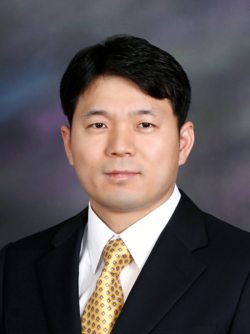KAIST said that Professor Park Hee-Sung's team from the Department of Chemistry developed a new drug discovery platform technology based on cyclic peptides that can be designed according to various biomarkers.

Cyclic peptides have received a lot of attention due to their low toxicity and excellent pharmacological activity. However, some obstacles remained as it was difficult to freely design and manufacture, making it hard to use the peptides in actual drug development.
According to Professor Park's team, the function and activity of proteins made in cells of a person's body are regulated through various modifications, and these modifications play a very important role in regulating normal metabolic activities of the body, such as cell signal transmission in vivo.
However, when protein modification occurs abnormally due to genetic or environmental factors, cell signal transmission and metabolic activity are damaged, resulting in various serious diseases, including cancer, dementia, and diabetes.
In the past, it was not easy to search for candidates capable of controlling such abnormal protein modification, so it was difficult to identify the cause of the disease and develop new drugs.

Professor Park's team had previously developed a protein modification technology capable of synthesizing various abnormally modified proteins in 2016.
The research team further developed existing research to develop a screening platform technology that effectively designs and searches for cyclic peptides that can control abnormal protein modifications that cause disease.
The research team also proved that it is possible to effectively discover cyclic peptides that bind to abnormal proteins and inhibit the activity of HDAC8 (histone deaceytylase 8), a tumor biomarker that causes various types of cancer.
"If this technology is put to practical use, I expect that it will be practically possible to search for innovative new drug candidates for various diseases," Park said.
The results of the research were published in the online edition of "Angewandte Chemie International Edition" on Jan. 16.

